A city visit with refreshing summer rain
If you are tired of the hot and dry weather in Andaluсía, head to the centre of Europe and immerse yourself in Luxembourg
Alekk M. Saanders
Luxembourg
Friday, 22 August 2025, 13:16
August in Luxembourg is not a dry month at all. More than a third of the month is rainy. However, it is not only for the refreshing after-rain air that it is worth visiting the Grand Duchy of Luxembourg.
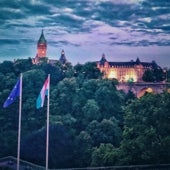
Luxembourg combines old-world elegance with ultra-modernity, modern amenities with historical charm
This small country is becoming a magnet for high-end travellers seeking privacy, cultural heritage, fine cuisine and refined experiences. Luxembourg combines old-world elegance with ultra-modernity, modern amenities with historical charm.
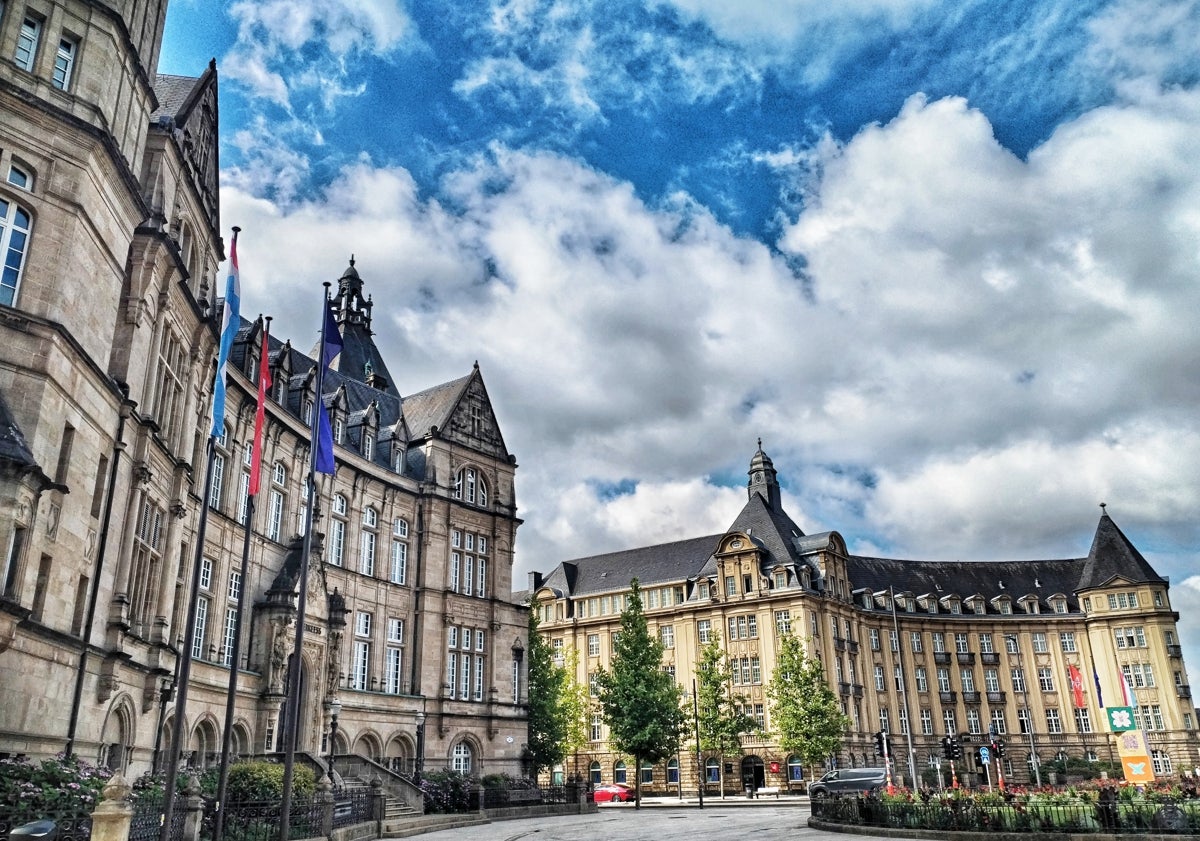
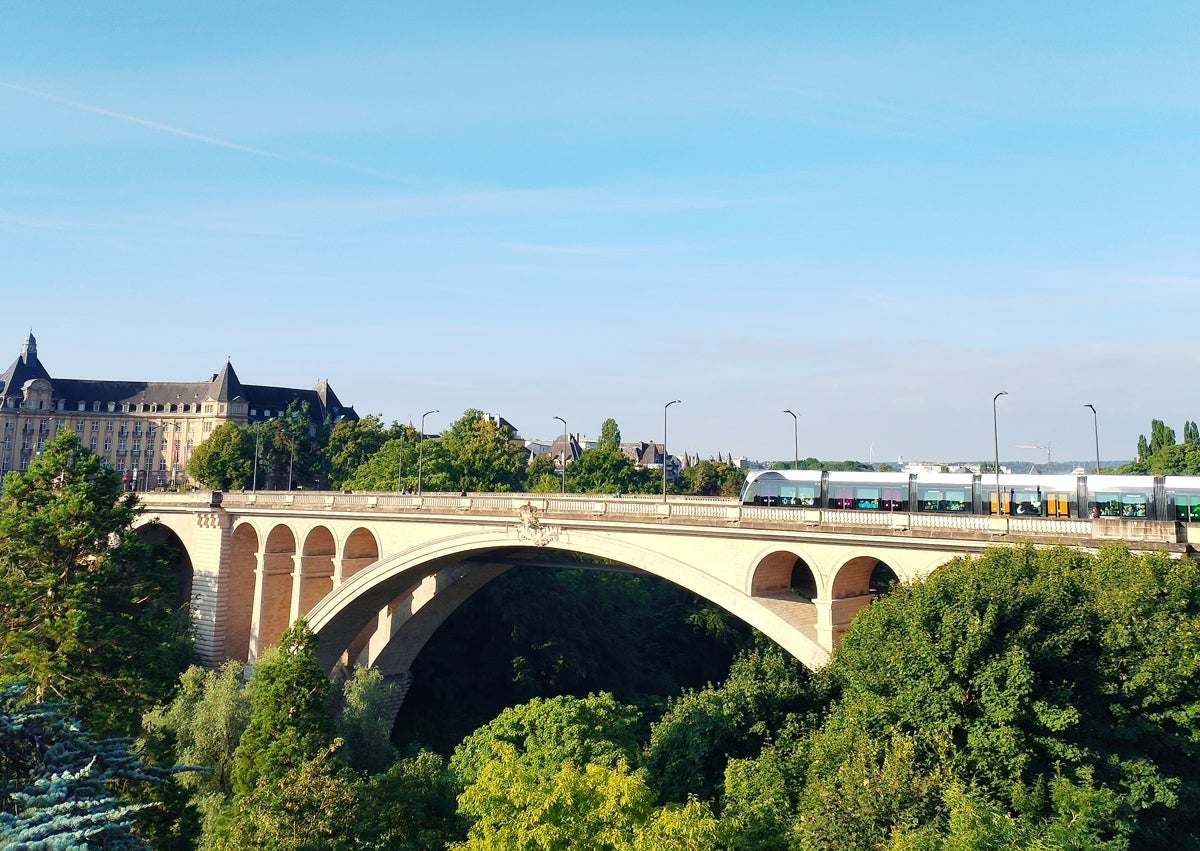
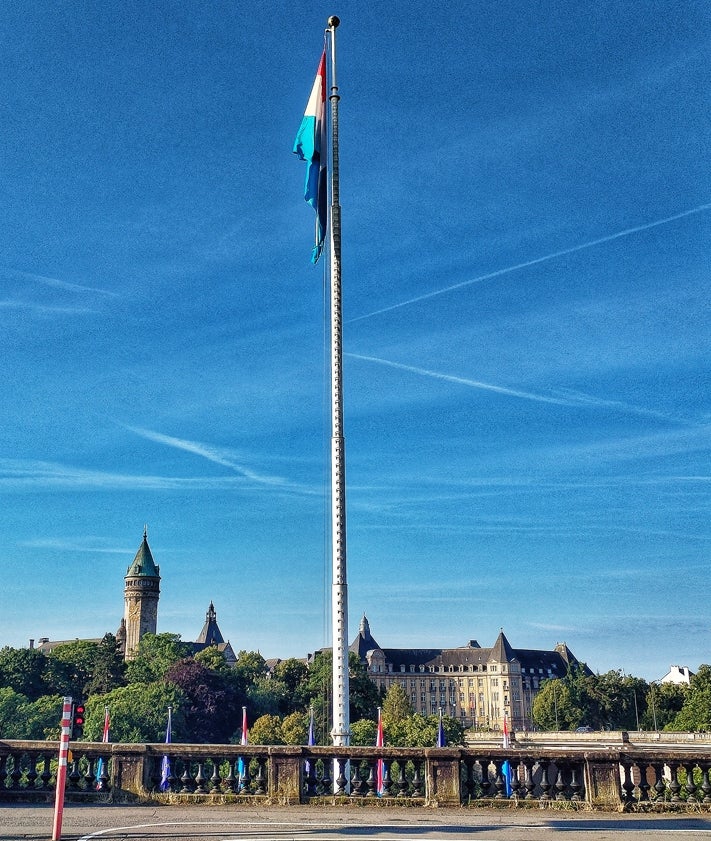
August high rainfalls
From the moment you arrive in Luxembourg, you are struck by the large cars and relatively low petrol prices, a string of sophisticated cafés and restaurants, and an abundance of greenery and flowers...
It is reminiscent of Marbella, although the city of Luxembourg has neither sea nor large river. And water pours from the sky without waiting for autumn. Luxembourg's climate is characterised by high rainfall, especially at the end of summer. Approximately eleven days per month are expected to be rainy. The air is not only fresh but also clean, always. Luxembourg is one of the world's best countries in terms of environmental protection. (Last year, the Grand Duchy ranked second in the global environmental performance index).
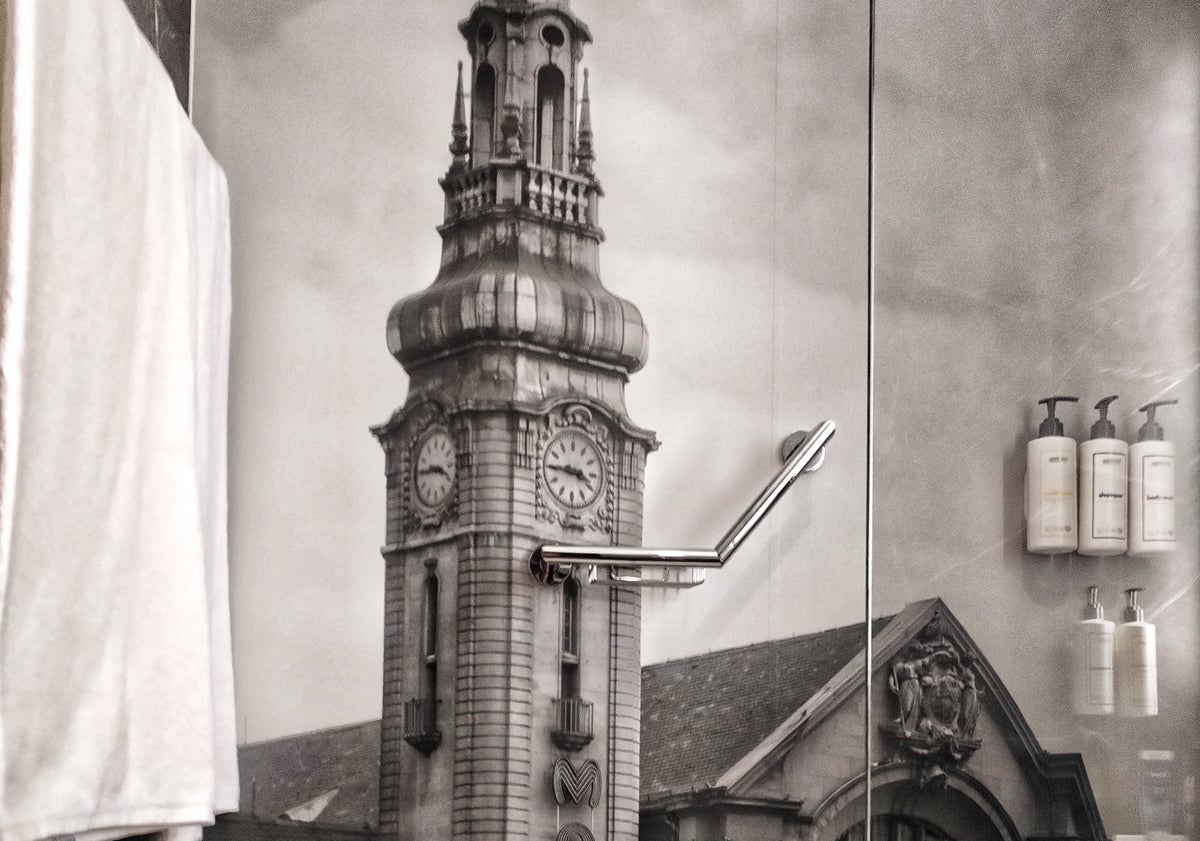
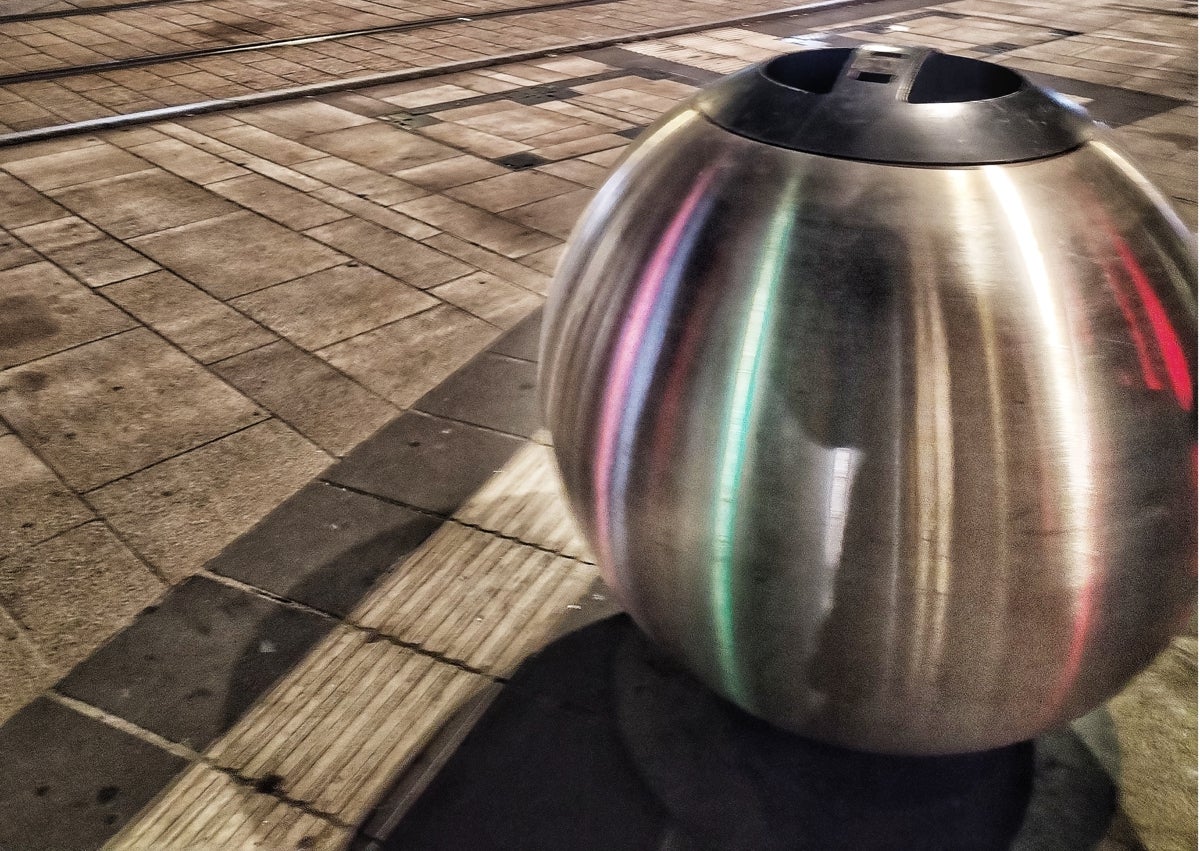
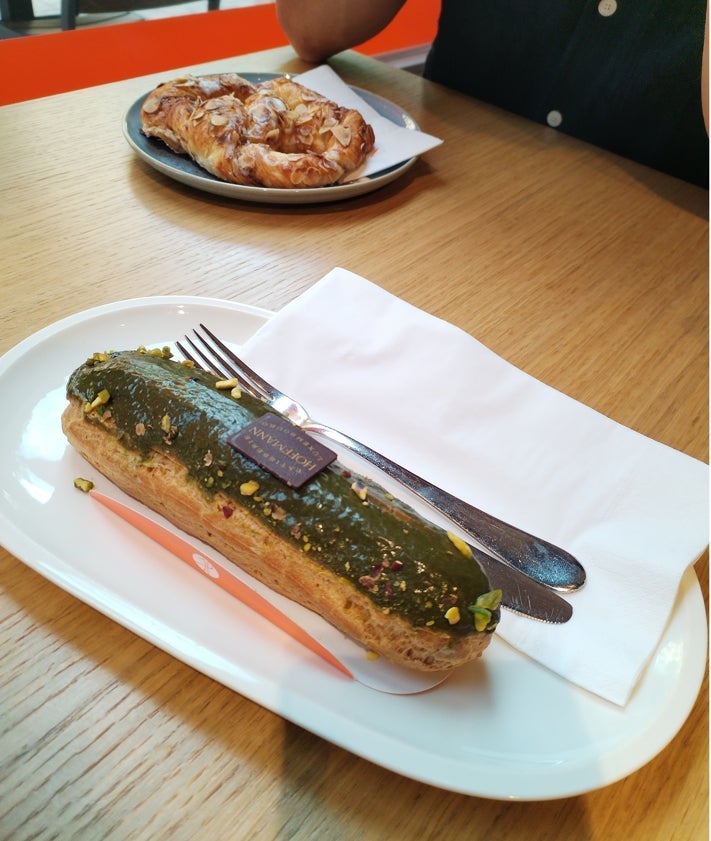
Small but varied
Starting as a small county in the 10th century, it rose to become a duchy within the Holy Roman Empire, even producing three Holy Roman Emperors. Its history is marked by periods of Burgundian, Habsburg, French and Spanish rule before gaining independence in 1839.
Today Luxembourg is the seventh smallest country in Europe, with an area of 2,586 square kilometres. The northern part is covered by the Ardennes, where hills and low mountains prevail. In the east, the Mullerthal region is nicknamed ‘Little Switzerland’ thanks to its dense forests, impressive rock formations and hiking trails. All regions of Luxembourg are easily accessible by train, bus and car. (Additionally, following recent modernisation, 165 km of motorways connect the capital with neighbouring Germany, France and Belgium.)
Luxury cars and boutiques
It seems that all new premium and luxury car models go straight to Luxembourg. Thanks to the leasing system, Luxembourgers enjoy the best the modern automotive industry has to offer. Huge cars can be seen everywhere in the city.
However, the best way to get to know Luxembourg is to take the tram, which was reintroduced in 2017. Today, long modern trams run a single route through the centre and go straight to the airport. Fares to the airport are not inflated here… public transport is free. In 2020, Luxembourg became the first country to introduce free public transport, which is almost entirely funded by government taxes. Since then, the number of passengers on buses, trains and trams has been steadily increasing.
In 2020, Luxembourg became the first country to introduce free public transport, which is almost entirely funded by government taxes
Any tram will take you to Rue Philippe II, a must for any shopping enthusiast. This street is a kind of Calle Ribera in Puerto Banús, because it is home to luxury global brands, including Chanel, Dior, Christian Louboutin, Hermès, Gucci and Omega.
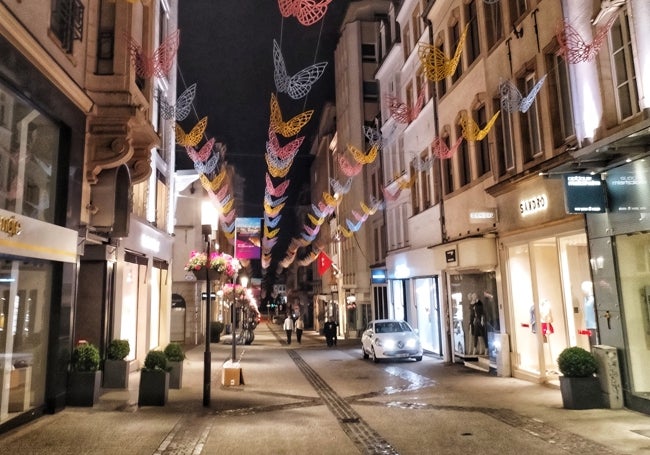
However, for a new shopping experience, check out the conceptual SMET stores with their avant-garde vision. If the prices seem a little high, head to the designer outlets. (The largest of them is a 20-minute drive from Luxembourg City.)
The historic city of Luxembourg, including its fortifications, is a Unesco World Heritage Site
Even with bags full of clothes and shoes, you will still want to take a walk through the quiet and cosy streets of the Old Town.
The historic city of Luxembourg, including its fortifications, is a Unesco World Heritage Site. Evening wandering through the streets of the Grund district, which is very small and very picturesque, makes you feel calm and cozy.
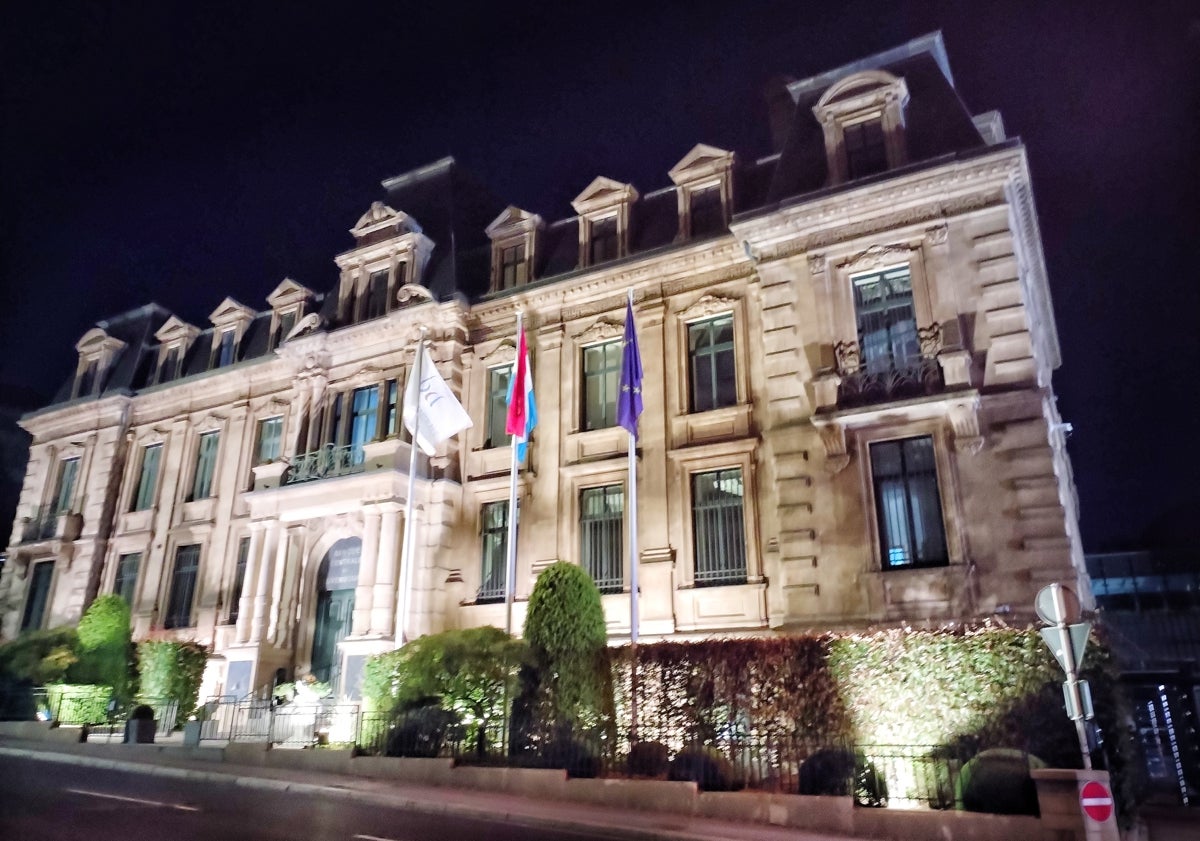
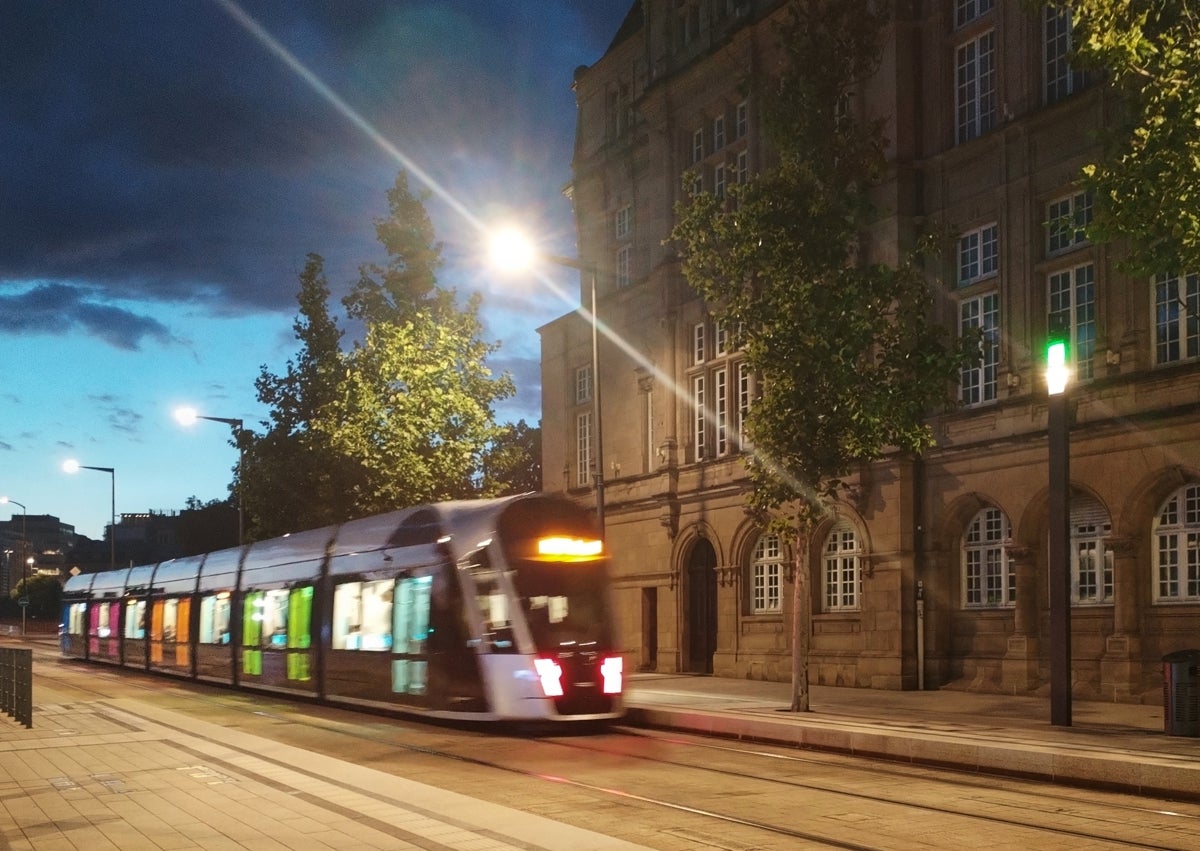
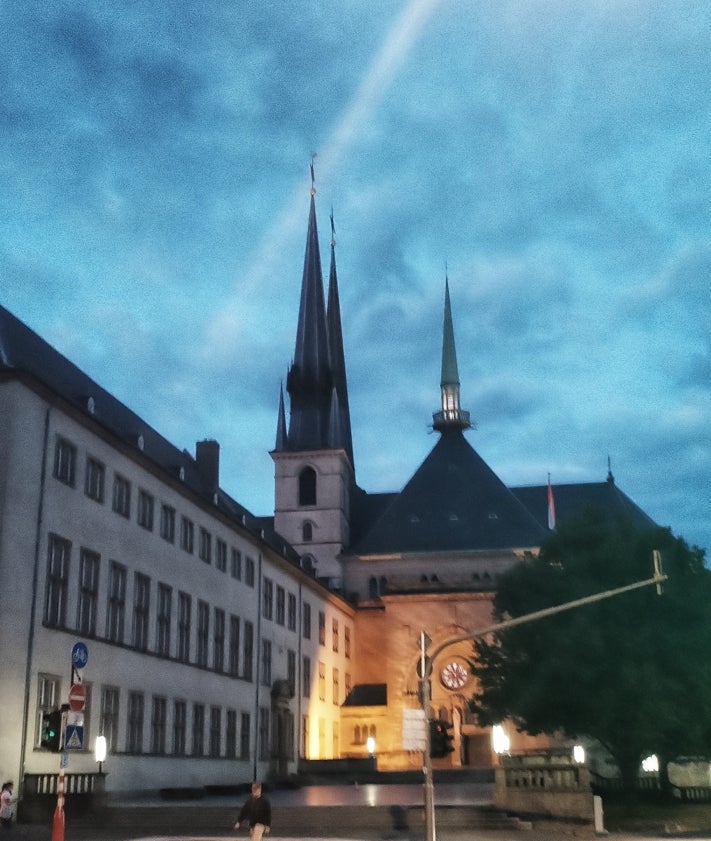
De Gudde Wëllen is known for hosting various events. Incidentally, you can find out what is happening and where directly from the locals. They are very friendly and open. Almost everyone can speak French and German, the official languages. At the same time, most of them speak English, and thanks to high immigration, dozens of other languages as well.
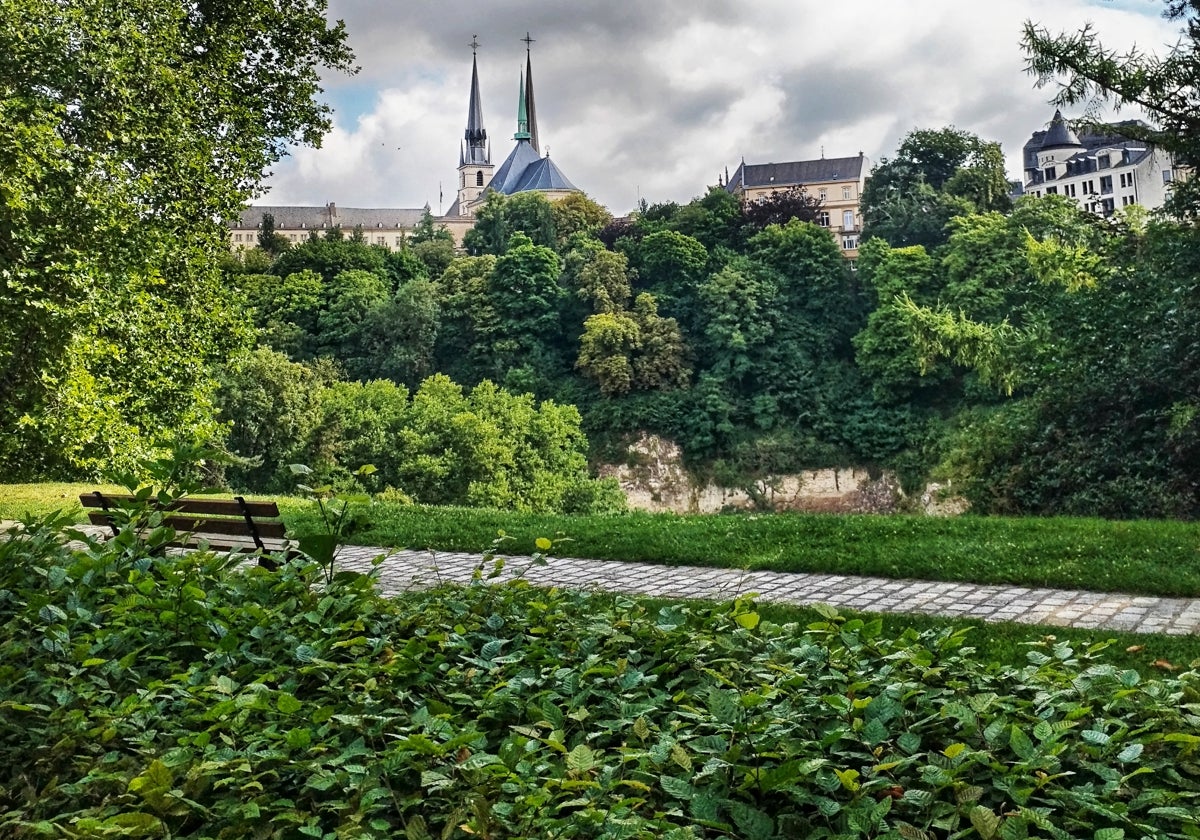
Comentar es una ventaja exclusiva para registrados
¿Ya eres registrado?
Inicia sesiónNecesitas ser suscriptor para poder responder.
Necesitas ser suscriptor para poder votar.